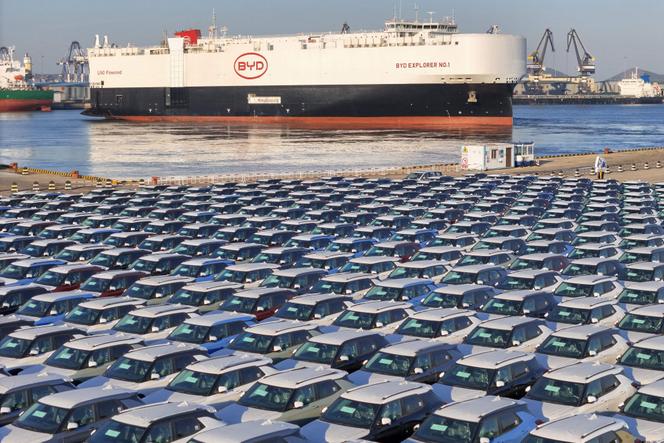


The 13th World Trade Organization (WTO) Ministerial Conference is set to take place from Monday, February 26 to Thursday, February 29, in Abu Dhabi – without ambitious goals and against a backdrop of trade tensions with China. The only agreement likely to be reached during the four days of negotiations is a ban on fishing subsidies that contribute to the depletion of fish stocks.
On other issues, notably the new rules governing industrial policies and a reform of the WTO, there have been and remain many disagreements. The Geneva-based institution has been weakened since the United States began blocking the operation of its Appellate Body, which is essential for settling trade disputes. It is particularly so since Washington and Brussels have accused Beijing of distorting international competition by supporting its industrial sector. "The context has become more complicated with more offensive countries," said a French diplomat.
In its February 19 edition, the Financial Times reveals that US Treasury officials have visited China to express their concerns to Vice Premier He Lifeng about support for China's manufacturing industry, the overcapacity of which could lead to an influx of low-cost products in strategic sectors such as wind power, batteries and electric vehicles around the world. The subject is due to be addressed at the next G20 Finance meeting in Brazil at the end of February.
On February 16, Brussels announced the opening of an investigation into a subsidiary of Chinese rail manufacturer CRRC – the world leader in the sector – which has been suspected of having received subsidies enabling it to charge low prices. This comes on the heels of another European investigation into alleged public aid to the country's electric vehicle manufacturers. Between 2021 and 2023, their market share in the European Union jumped from 4% to 8%, according to estimates by global automotive industry service company Inovev. Western countries have not been the only ones to go on the defensive, as India, at the end of 2023, imposed anti-dumping measures on imports of Chinese steel and laser machines.
"Chinese credit is being massively redirected towards manufacturing since the real estate sector is in crisis and the infrastructure sector is significantly slowing down," noted Alicia Garcia Herrero, Natixis chief economist for the Asia-Pacific region, "and whatever the price, they have to sell what they produce."
By September 2023, outstanding loans in China's distressed real estate sector had fallen by 0.2% over one year, while in manufacturing they had surged by 38.2% over the same period. Added to that has been sluggish consumption in the Asian powerhouse, which accounted for just 38% of its gross domestic product in 2021, compared with 68% for the USA, which has compelled it to seek growth through exports.
You have 49.59% of this article left to read. The rest is for subscribers only.
